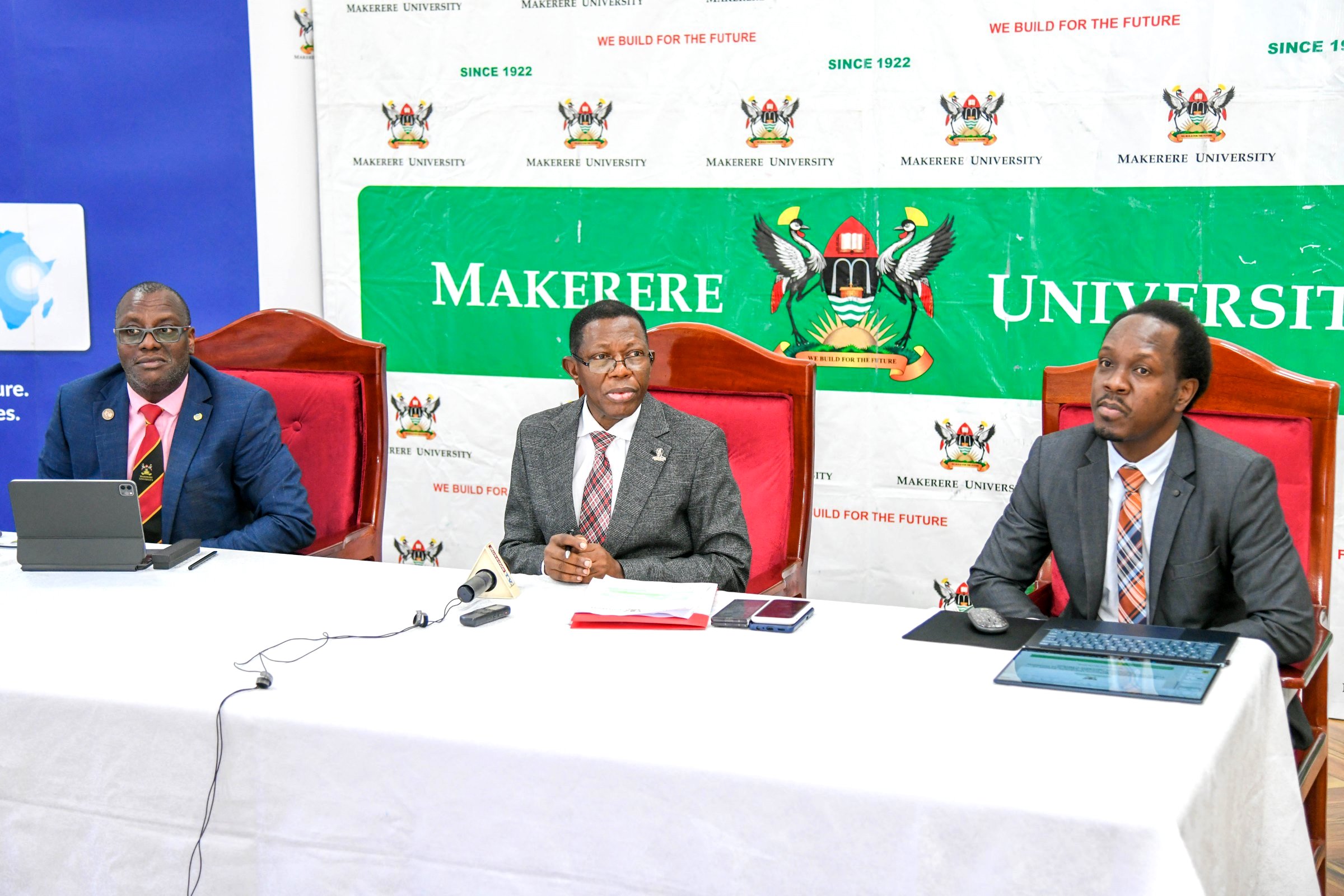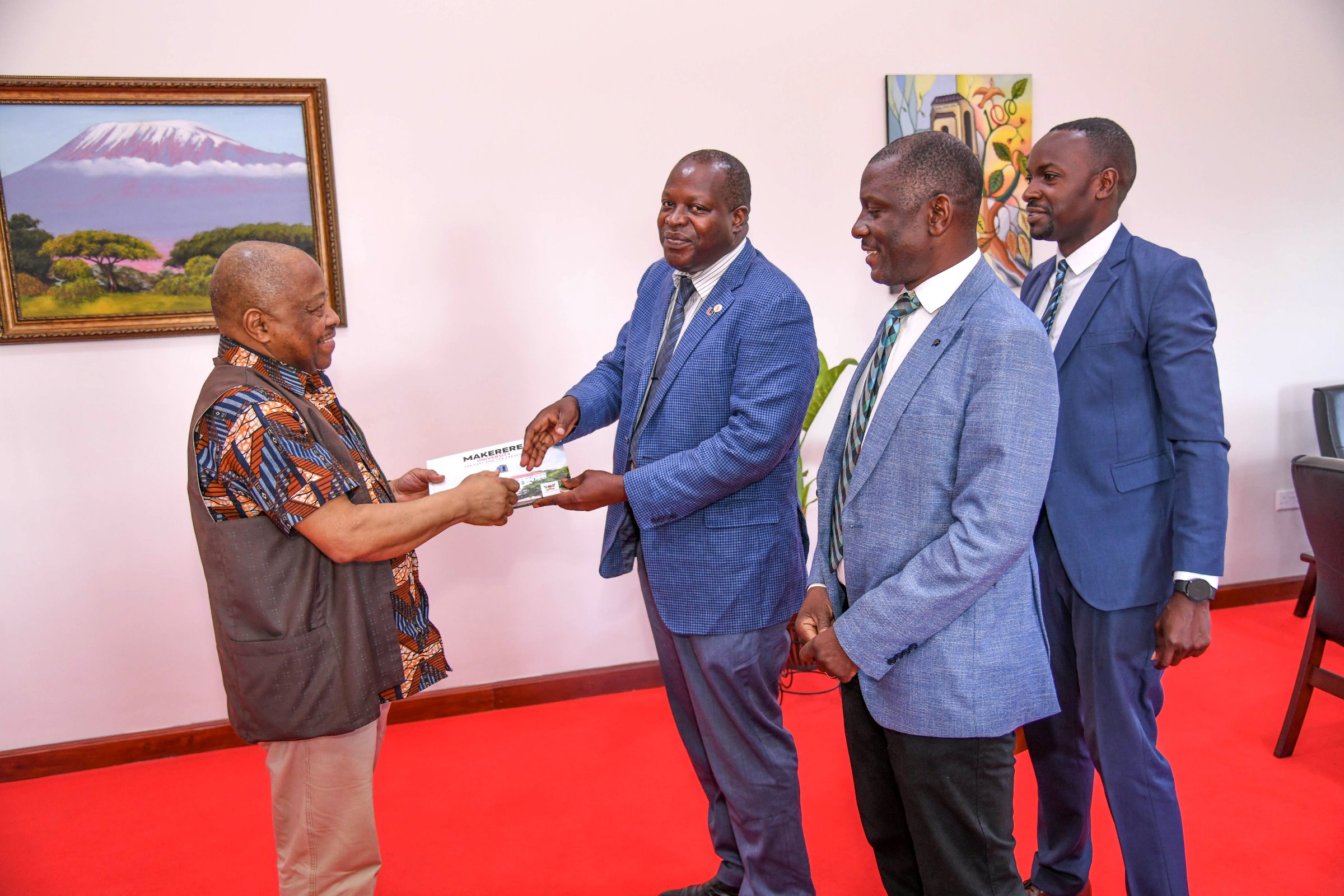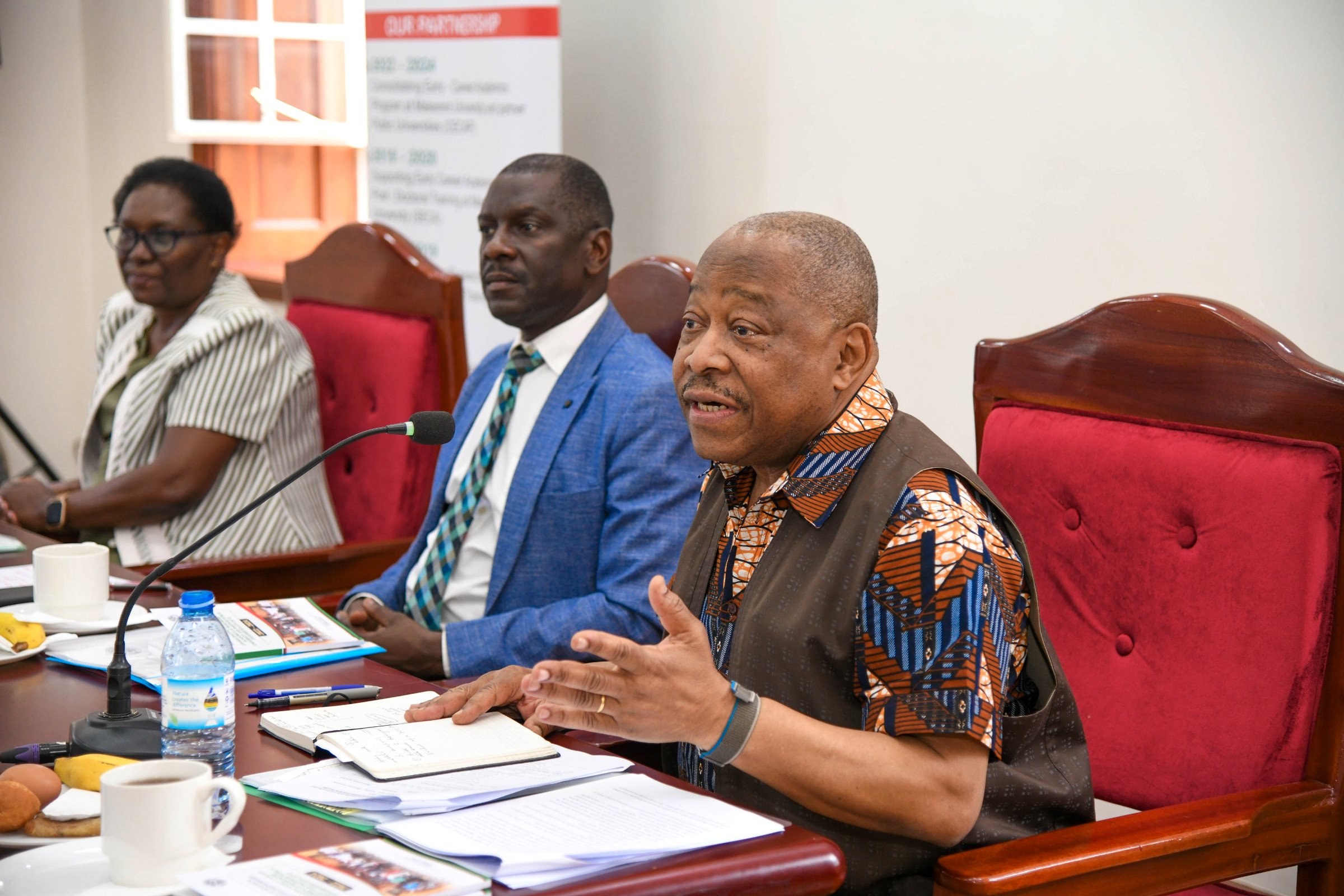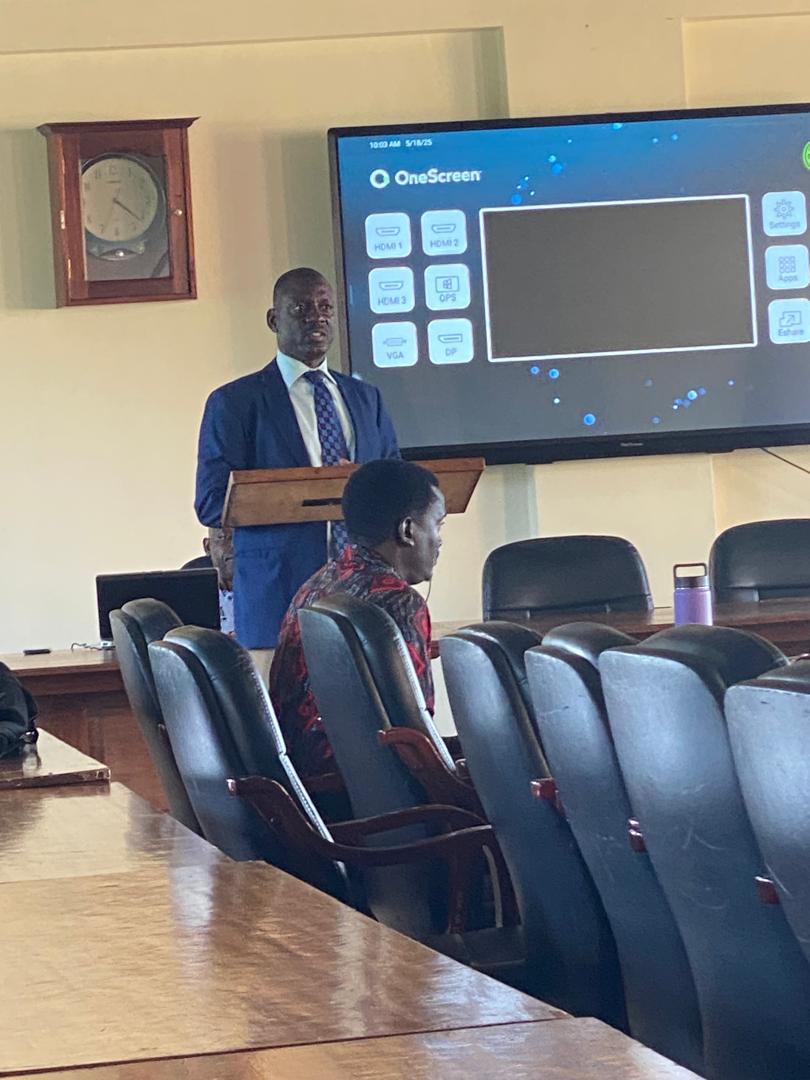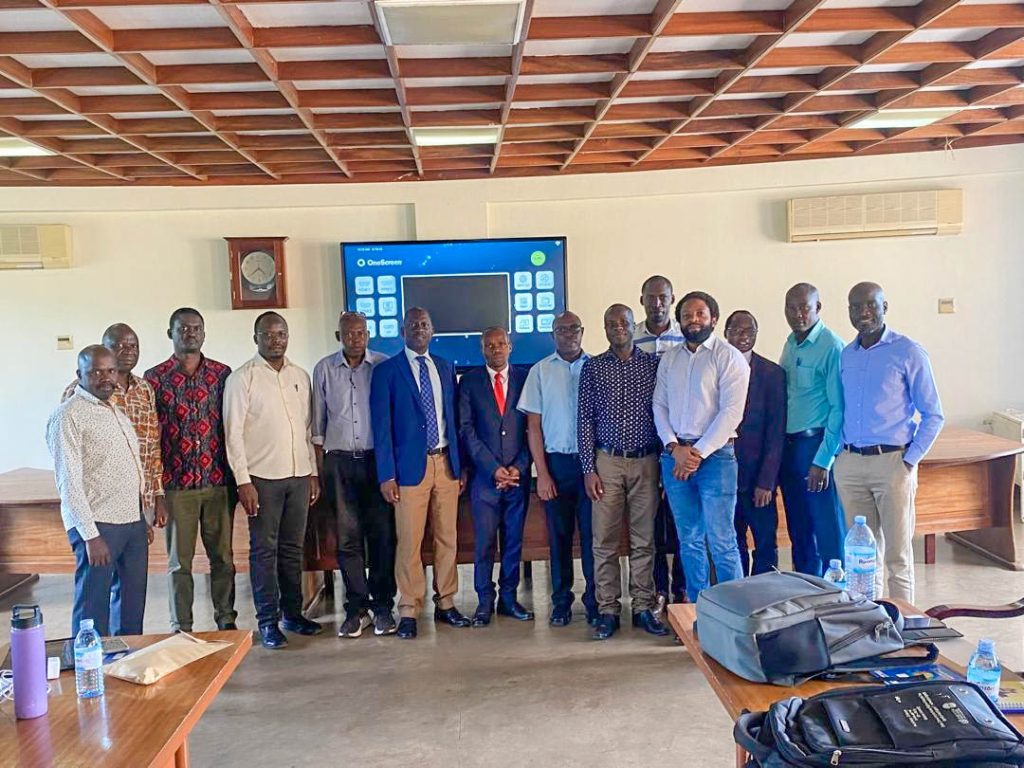At their advent on the Uganda-Kenya frontier in the late 80s and early 90s, many saw Boda-Bodas as a heaven-sent remedy to all the transport bottlenecks facing petty traders operating between the two East African Community (EAC) nations. One of Uganda’s celebrated musicians, Elly Wamala, in fact dedicated a song entitled “Boda-Boda” in praise of their great work.
Fast-forward to the present day, these two wheeled taxis are to Uganda’s urban centers what yellow taxis are to New York. Looking at Uganda’s road safety statics, it is also true to assert that they have become to Uganda a cause of the loss of many lives. Over 3,000 people are estimated to die in road crashes annually in Uganda and 28% of these are cyclists. Worse still, more than half of all road traffic deaths are attributed to vulnerable road users namely; Pedestrians, cyclists and motorcyclists. Boda-Boda cyclists have also become infamous for being accomplices in many crimes, having very poor entrepreneurial skills and are classified as a high risk group for HIV/AIDS, pneumonia and other respiratory diseases.
At Makerere University, we are alive to the fact that road safety is a shared responsibility. Therefore, with the help of the Research and Innovations Fund (RIF) from the Government of Uganda, Makerere University has embarked on a project codenamed Enhancing Behavioural Change of Boda-boda Riders in Uganda Using Mobile Learning (EBoML) .

This project aims at using innovations that spur lifelong learning on-the-go. This will involve learning on smartphones based on the fact that Boda-boda riding is “nomadic” in nature. The high rate of smartphone penetration in both urban centres and rural commercial zones is another factor likely to boost the chances of success of this project.
Research conducted by Paul Wanume and others in 2019 showed that over 50% of the male youths aged between 18 and 35 years in Uganda are employed in the Boda-boda industry. It therefore goes without saying that the absence of mobile innovations that aim at facilitating behavioral change education among these people will only have a multiplier effect on the worrying death rates that have become a common attribute of the Ugandan roads.
To help address this, a Public Dialogue was organised under the auspices of the College of Education and External Studies (CEES) on Thursday 27th February, 2020. The event was attended by distinguished officials and stakeholders from the Ministry of Works and Transport, Ministry of Gender, Labour and Social Development, the Uganda Police Force, Makerere University, Uganda National Roads Authority (UNRA), Kampala Capital City Authority, Leadership from Namayingo Town Council, Officials from RIF and Representatives of Taxi Drivers, Boda-boda Riders, Owners and Spouses.
Welcoming participants to the occasion, Prof. Fred Masagazi Masaazi, the Principal CEES thanked all stakeholders for sparing precious time to attend the important event. He noted that Makerere University’s core functions are teaching and learning, research and innovations as well as knowledge transfer partnerships and networking.

“Makerere University has in the past been referred to as the Ivory Tower. However, we cannot conduct research on our own; we need partners like you the stakeholders gathered here today so that we can ask all the important questions that can help transform our communities, the Boda-Boda industry being the focus in this case” explained Prof. Masagazi Masaazi.
Taking the case of the Uganda Police manned CCTV cameras system that is now able to monitor traffic and help apprehend perpetrators of crime, the Principal added that it was no longer possible to escape the integration of ICT in business operations.
According to Assoc. Prof. Paul Birevu Muyinda, Deputy Principal CEES and Principal Investigator (PI) of this trans-formative project, “When behavior is changed positively, sanity can return to the roads, thus reducing accidents and increasing the riders’ income through entrepreneurial skills passed on to them.”
The PI added that the three-year project has so far secured funding for the first year from RIF and urged all stakeholders to participate fully so as to ensure continuity of funding. “We have in the past built capacity to transfer knowledge to our students using eLearning and mLearning and this project is an opportunity to take important behavioural change knowledge to the communities.”

Among the activities at the Public Dialogue was a session on Continuous Professional Development and Learning conducted by ACP Charles Ssembambulidde, Assistant Commissioner/ Enforcement Directorate of Traffic and Road safety in the Uganda Police Force. He commended the initiative by Makerere University and emphasised that successful road safety strategies in all countries depend on a broad base of support and action.
Eng. Ronald Amanyire, the Secretary to the National Road Safety Council, who made remarks on behalf of the Permanent Secretary, Ministry of Works and Transport, reaffirmed the central government’s resolve to support all efforts that aim at creating safe roads for all road users.
The event was crowned by a feedback session where stakeholders in the Boda-boda industry expressed gratitude for the educative session and called for a Nationwide training of all Boda-boda riders in a similar experience.
The EBoML Project will develop a Positive Behavioural Change Virtual mLearning Environment (PBC-mLE) for safe-driving, healthy-living and entrepreneurship and deploy it among Boda-Boda Riders, initially in the Districts of Wakiso and Namayingo. EBoML is just one of a multitude of other projects that have been funded under RIF to impact the Ugandan societies in our resolve to Build for the Future.
Article by Mpindi Percy Christopher, Volunteer, Mak Public Relations Office.
The writer is a Law Student at Makerere University and Associate Editor of the Makerere Law Journal.

 Education2 weeks ago
Education2 weeks ago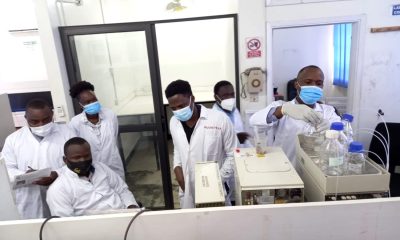
 General2 weeks ago
General2 weeks ago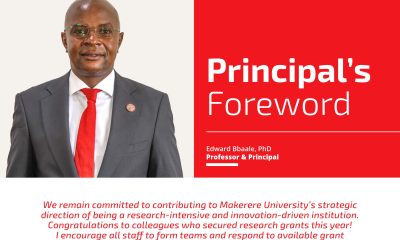
 Business & Management1 week ago
Business & Management1 week ago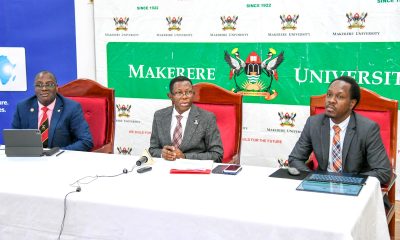
 General5 days ago
General5 days ago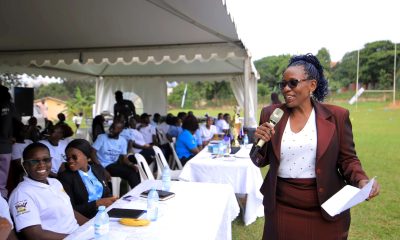
 General2 weeks ago
General2 weeks ago
